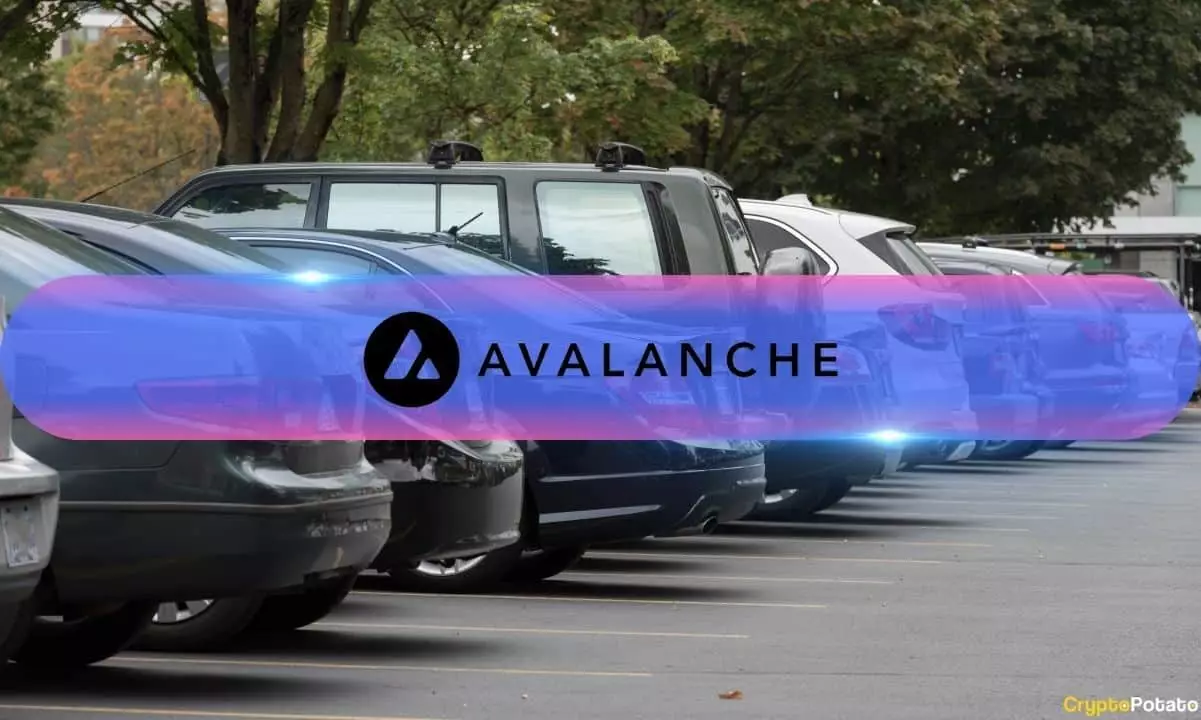The California Department of Motor Vehicles (DMV) has taken a significant step towards modernization by digitizing 42 million car titles through the Avalanche (AVAX) network. In partnership with software development firm Oxhead Alpha, this initiative aims to streamline the state’s title transfer process. The new application developed by the DMV will allow users to easily claim their digital titles, eliminating the need for in-person office visits. With a population of over 39 million residents in California, the upcoming mobile app launch early next year will greatly enhance the convenience of managing vehicle titles.
By converting physical car titles into digital tokens on a blockchain, ownership processes become more transparent and efficient. This shift not only simplifies transactions but also reduces the risk of fraud and enables fractional ownership. With the implementation of blockchain technology in the backend, the time to transfer vehicle titles will be significantly reduced from two weeks to just a few minutes. This showcases the potential of blockchain technology to revolutionize governmental operations and increase investment in blockchain solutions across various public sectors.
Government Adoption of Blockchain
The California DMV’s initiative is aligned with Governor Newsom’s vision of integrating blockchain solutions into government operations to improve efficiency and accessibility within the public sector. While blockchain technology has primarily been utilized in financial services, its potential to revolutionize other sectors is becoming increasingly apparent. Beyond the DMV, blockchain technology is being implemented in other public service sectors as well. Deloitte, in partnership with Ava Labs, has created a disaster recovery platform for the U.S. government to streamline disaster reimbursement applications to FEMA. This platform aims to enhance the speed and transparency of aid distribution.
Traditional financial institutions like Citi and J.P. Morgan are also exploring blockchain technology’s potential for trading mechanisms and other solutions that sovereign blockchains may offer. These initiatives demonstrate the significant improvements in efficiency, transparency, and security that blockchain technology can bring to various government and public service sectors. The adoption of blockchain technology signals a shift towards more streamlined and secure operations in the public sector, reinforcing the potential for continued exploration and investment in blockchain solutions.
















Leave a Reply